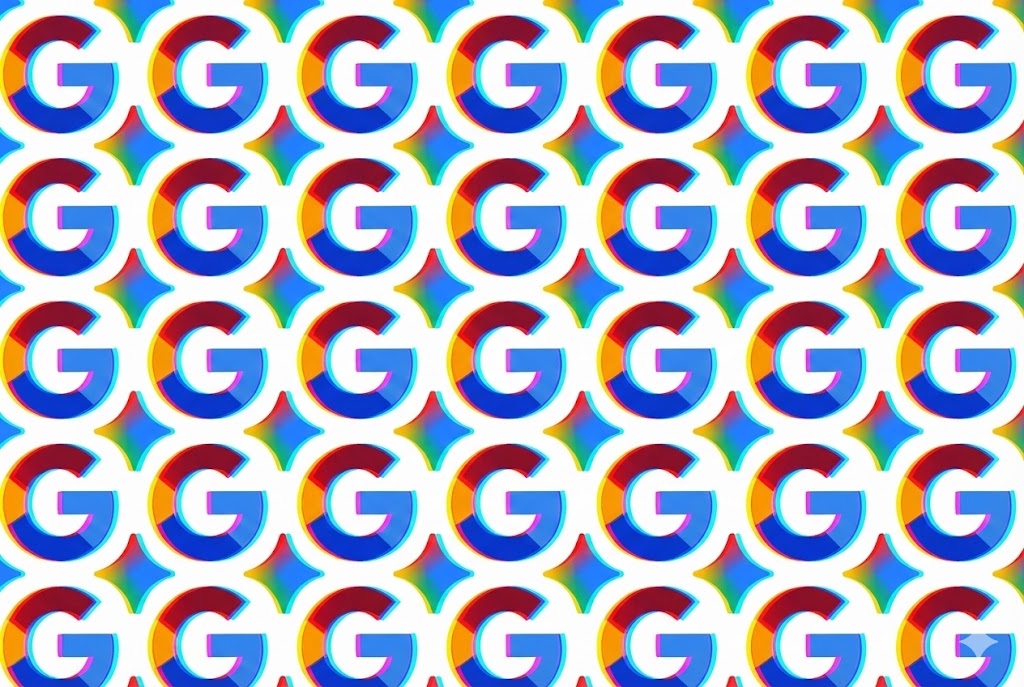Why the long interface? AI systems don't 'get' the joke, research reveals
NeutralArtificial Intelligence

- A recent study indicates that advanced AI systems like ChatGPT and Gemini simulate an understanding of humor but do not genuinely comprehend jokes. This finding highlights a significant limitation in the capabilities of these AI models, which are often perceived as more intelligent than they are.
- The implications of this research are critical for developers and users of AI technologies, as it underscores the gap between human-like interaction and true understanding, potentially affecting user trust and the applications of AI in creative fields.
- This development reflects ongoing discussions about the limitations of AI in creative and emotional contexts, as various studies reveal that while AI has made strides in reasoning and interaction, it still struggles with nuanced human experiences such as humor and mental health recognition.
— via World Pulse Now AI Editorial System





